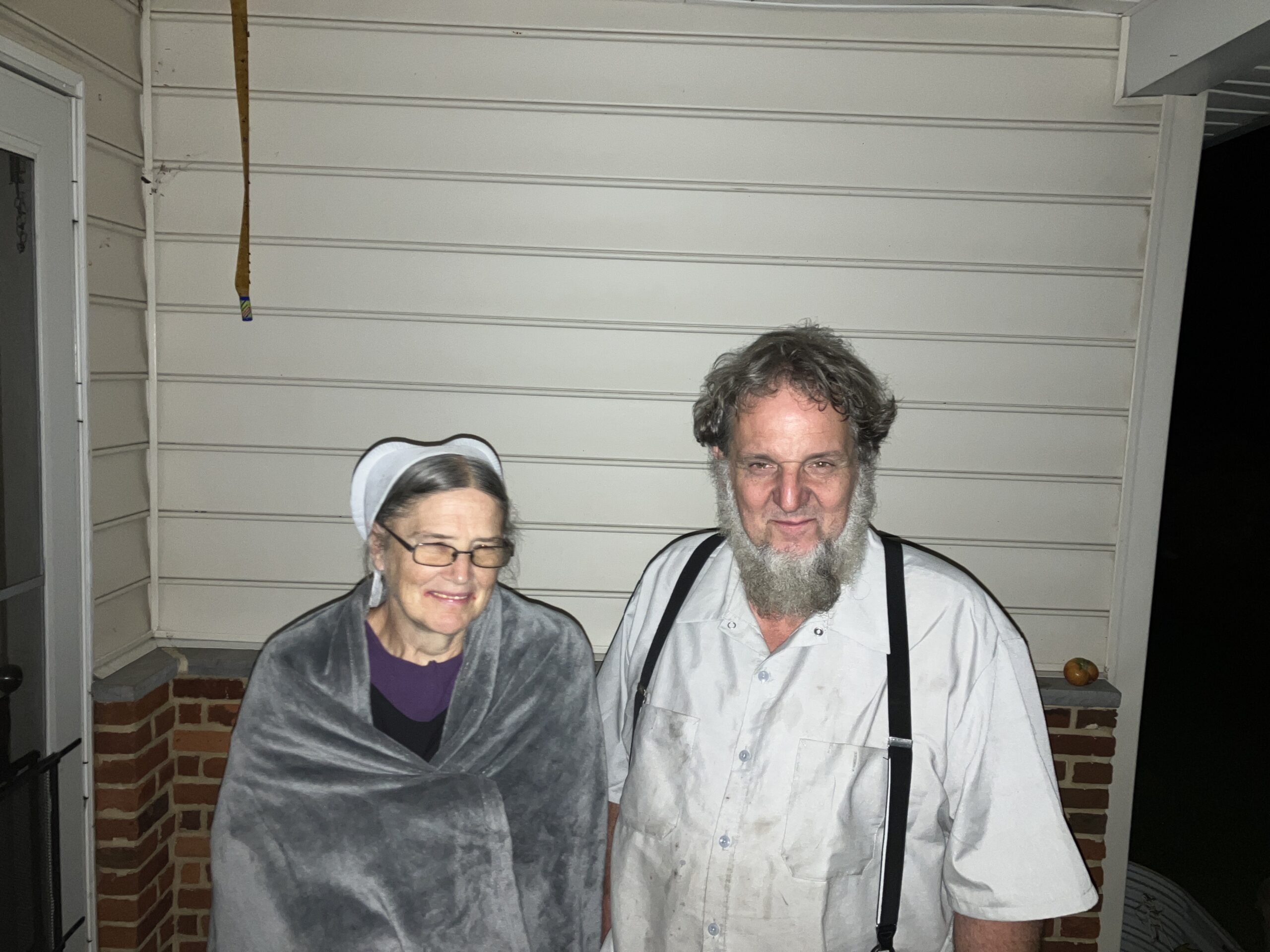Innovation Excellence let us know that Florida opens a business incubator in Gainesville, a place for people to set up shop and share ideas on getting their dreams off the ground. Why don’t we have these for education, or why don’t we, as educators send our people to hang out in these places and share and generate ideas? What if every major metro area in the US had a building dedicated to public-private interaction, not in workshops every quarter, but every day, 52 weeks a year?
Jeffrey Phillips has a great post about getting innovation backwards. I have one simple dictum that I have shared a million times with people who come to me about solving a problem: paint a picture of where you want to be. Once you do that, the rest is just figuring out how to get there, and that is a LOT easier than trying to figure out where you want to be.
Braden Kelley offers a list of reasons why innovation during a downturn makes a lot of sense, even if you are worrying more at those times about cost containment. This is really important for private schools that need to match rising tuitions, falling applications, and a reduced middle class. I agree with Braden, and will write more on this: cutting off your innovation stream is the LAST thing you want to do in terms of long-term sustainability, but it may be the first place boards and management look to cut.
Finally, I had a long talk with Steve Goldberg last night. Steve is going to open a truly innovative middle school in the Raleigh-Durham area in 2013. His students are going to spend mornings reading the paper and mapping out the world of current events, blogging their insights, developing long-term projects in science and community issues, interacting with people from all over the world, and more. Big task? Yes. Big risk? Yes. Kudos to Steve and best of luck? Absolutely; this is what authentic innovation in education is all about and we should do all we can to support real pioneers.



“Is the teacher a technician? (As Conant sees him.) Is he an obstacle to learning, someone to be bypassed by instructional materials through which the scholar speaks directly to the child? (The view of the Academic Reform Movement.) Or, is the teacher a scholar of the teaching-learning process, a creative transformer of subject-matter, one of a community of people who not only teach, but seek to inquire into teaching? This latter view of teaching was held by the leading Progressives throughout the first half of this century. In The School as a Center of Inquiry Robert Schaefer, Dean of Teachers College, Columbia University, dusts off the idea of the scholar-teacher and strongly reaffirms it. He offers it as a conscious alternative to the conceptions of the teacher presently being popularized by Conant and many of the academic reformers.” From a review of the book by Bruce Joyce circa 1967. I strongly recommend Schaefer’s little book, especially the title chapter. If you establish the culture and habits of inquiry through vigorous study by teachers, students, and teachers and students working together you will foster ample innovation. You no doubt live near a good library. Pick up a copy of of The School as a Center of Inquiry and spend a few enjoyable evenings contemplating its suggestions.
BTW I’ve purchased a copy of The Falconer.
Thanks; look forward to hearing your thoughts.